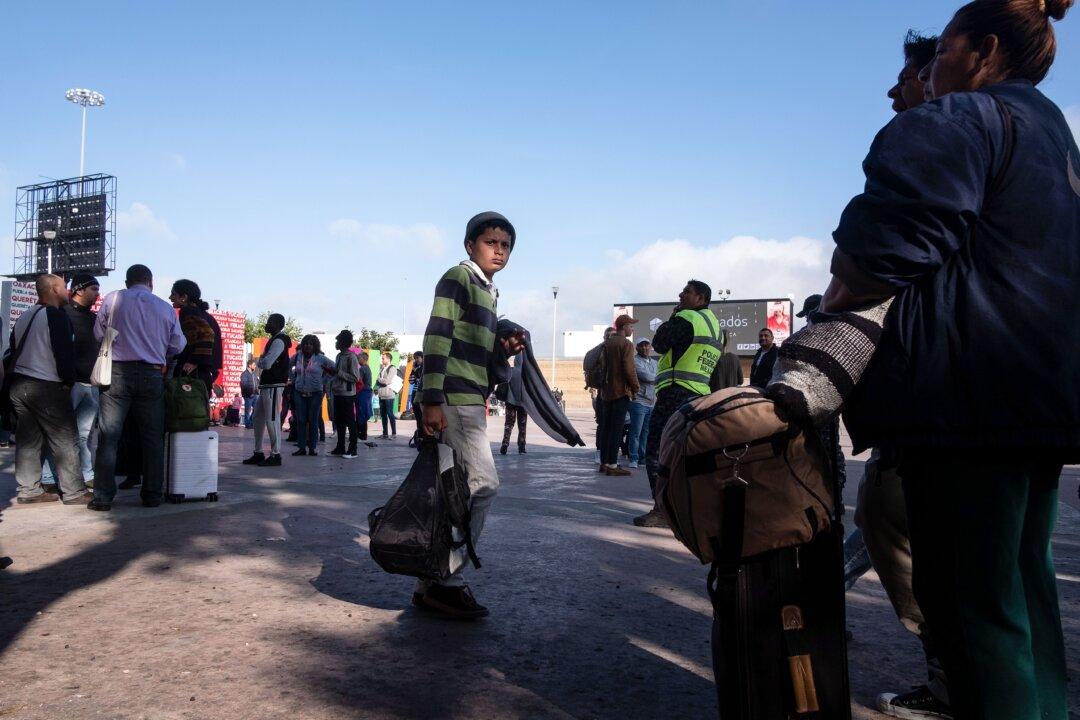A federal judge this week temporarily halted the Trump administration’s program forcing asylum-seekers at the southern border to wait in Mexico while their claims are processed.
San Francisco-based U.S. District Judge Richard Seeborg, who was appointed by former President Barack Obama, on April 8 ordered that the Department of Homeland Security (DHS) policies known as the “Migrant Protection Protocols” be suspended as of April 12 at 5 p.m. Pacific time. The policies are aimed, among other things, at slowing the flow of Central American caravans and the migrants who accompany them into the United States.





